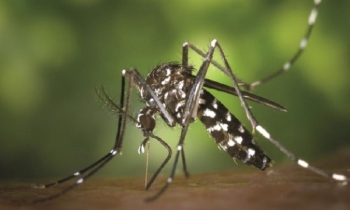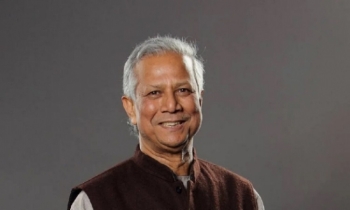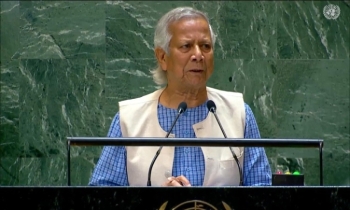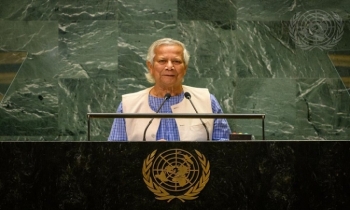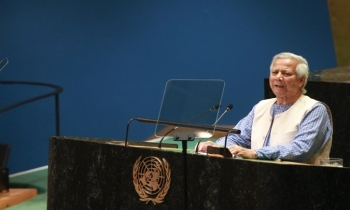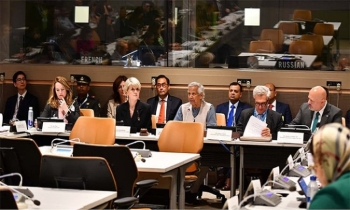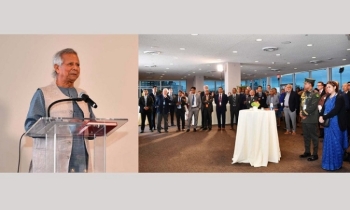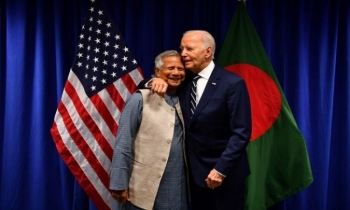Covid-19 affects lives and livelihoods of 95% young women: Survey
BI Report || BusinessInsider

Screenshot of webinar by ActionAid Bangladesh
Covid-19 has had a detrimental effect on the lives and livelihoods of 95% young women.
Some 76.54% are unable to continue their studies remotely since April 2020, due to their marginal living and distance, according to ActionAid.
The average monthly income prior to the pandemic was Tk6,273 in February, which reduced to Tk4,745 in April and to Tk4,408 by September.
This data came from the survey commissioned by ActionAid Bangladesh at a virtual exchange meeting entitled “Impact of Covid-19 in the life of young women for advocacy and policy intervention in a post COVID world”.
The survey was conducted with 550 young women aged between 18 to 35 years in 10 districts, which are Dhaka, Chattogram, Kushtia, Nilphamari, Bagerhat, Satkhira, Jamalpur, Dinajpur, Naogaon and Kurigram.
The results of the survey further says that growing inflation shoot up private loan intaking. 64.91% of the respondents had to borrow money to manage their finances.
Some 37% of respondents said that expenses of health expenditure have increased due to the pandemic.
The pandemic has also impacted caregiving work. Some 79% of the respondents shared increased household workload during Covid-19 pandemic.
When asked if there were police and local support system to assist women victims of domestic violence during the epidemic, 35.27% said no.
Gender-based violence (sexual, physical and emotional) has increased at a significant rate.
Moreover, a staggering 67.27% of the respondents said that their access to public services has been affected by the pandemic. Respondents said that hospitals, especially local level hospitals, do not have the necessary equipment.
Among the respondents, 74% said they needed immediate food, 61 percent said they needed health care, and 48% said they needed a source of livelihood and income.
Director General of the Department of Youth Development Akhtaruz Zaman Khan Kabir, who was present as the chief guest on the occasion said that the department has been working with young men and women aged between 18-35.
“We have been stumbling since the outbreak of Covid-19 in the country since last March. Later, in compliance with the health regulations, we resumed offline and online training activities on a limited scale after about a month and a half,” he said.
He called upon non-governmental organisations, media and civil society to cooperate government by conducting such surveys and research activities in achieving the SDGs.
Manager-Young People, ActionAid Bangladesh Nazmul Ahsan said that Covid-19 has brought a crisis for all, especially the youth and women.
“We fear that many women will not be able to return to work easily. Measures need to be taken to reintegrate women into the social, cultural and economic spheres,” he added.
Manager-Women Rights & Gender Equity of ActionAid Bangladesh Morium Nesa, said that Covid-19 was pushed at a time when the country’s economic growth was in high momentum.
“Covid-19 has pushed us back and faced new challenges. She said the survey, conducted by ActionAid, could play an important role in identifying and tackling the challenge,” she added.

